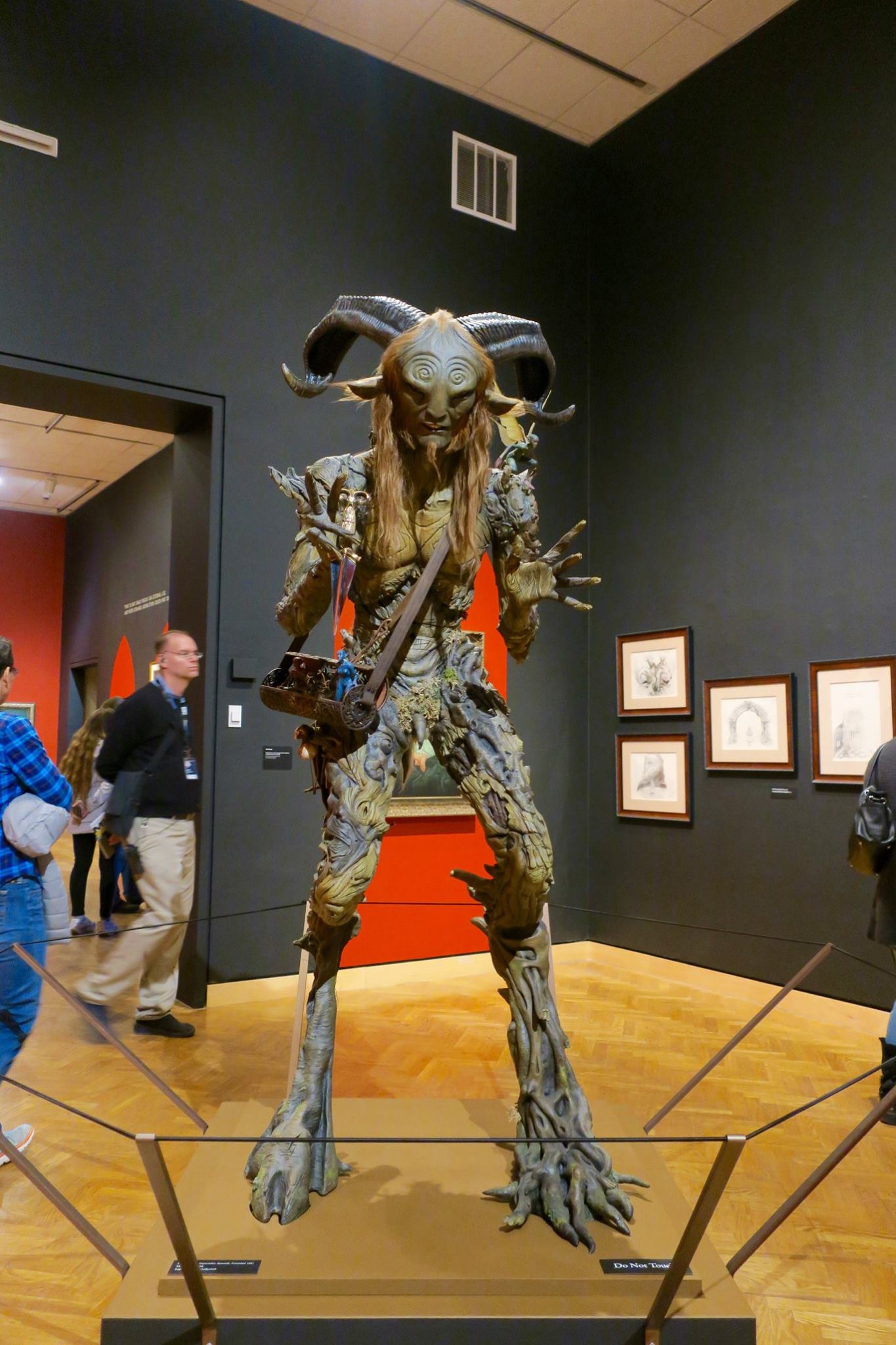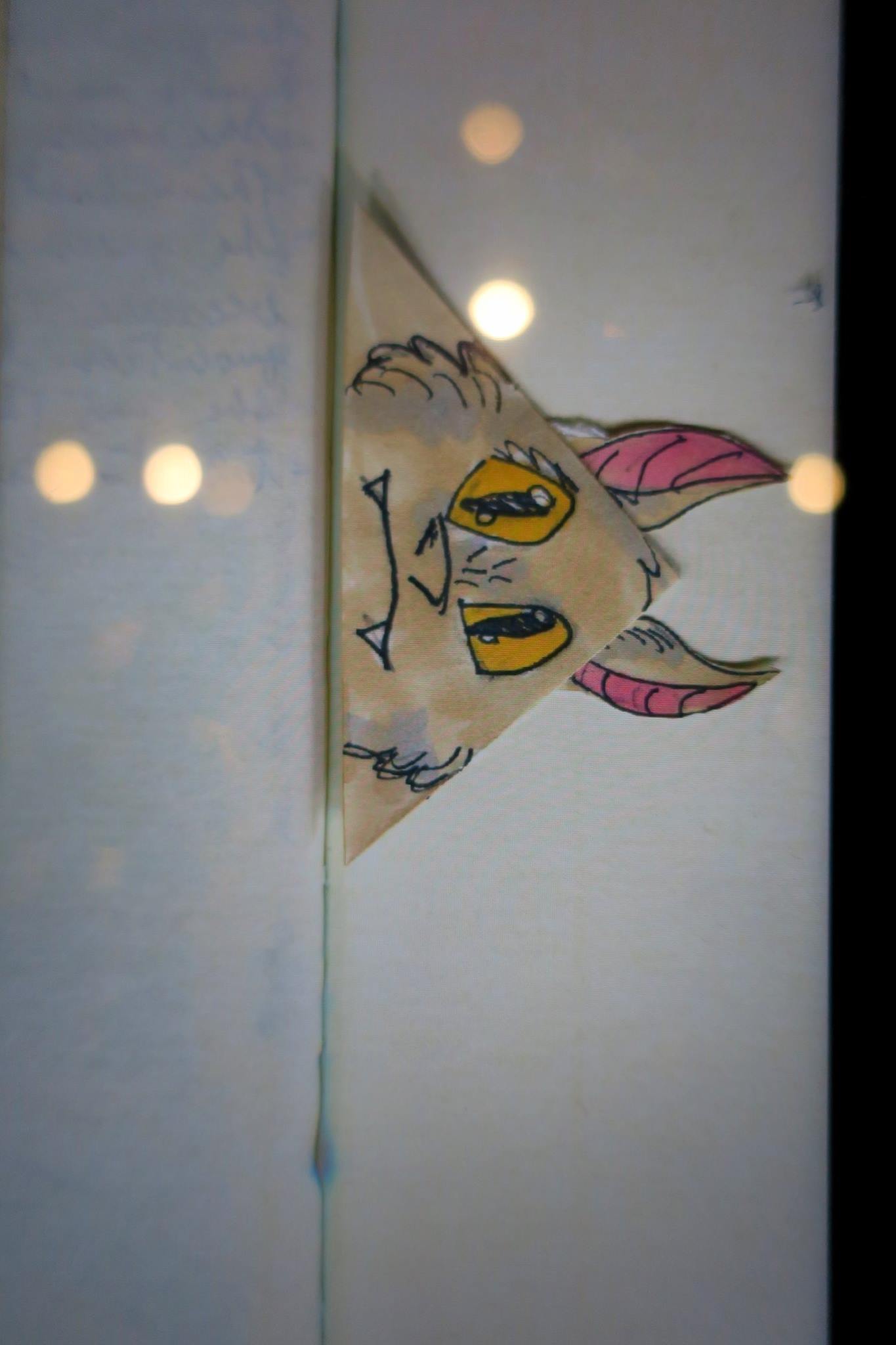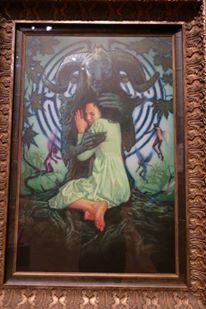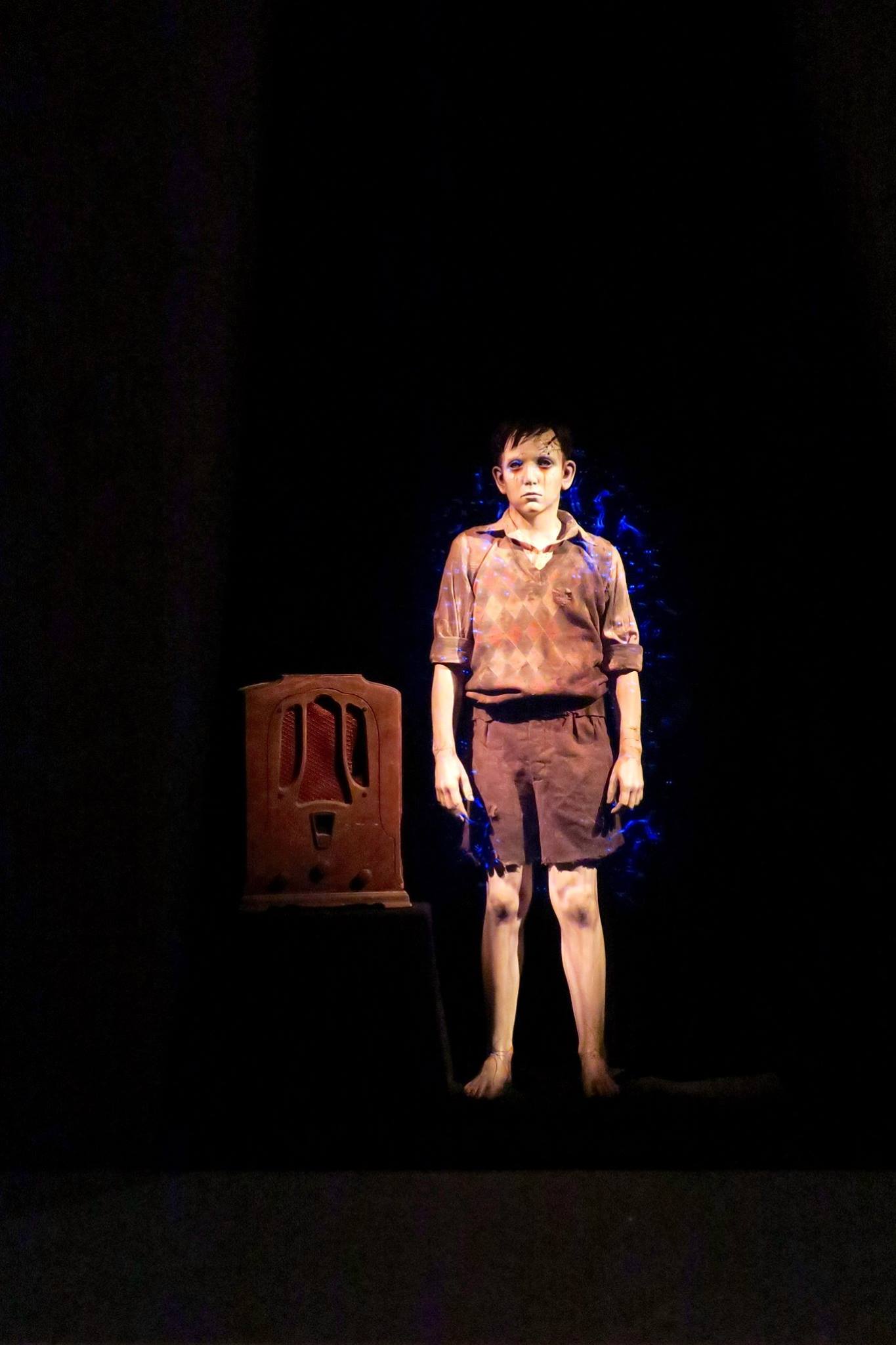Willpower. It's one of the biggest things we rely on to make changes. Want to start a diet? It's going to take some willpower. Want to get up at 5am to write every day? Going to take willpower. And the struggle is that willpower is limited. We don't have an unlimited reserve and unlike mana in a fantasy roleplaying game, it can't be recovered by just drinking a potion.
So what can you do to keep making these changes that take a lot of willpower to do. Well, first of all... don't rely on just willpower.
Look, we usually take the path of least resistance when it comes to just about anything. We want to do what's easiest and that doesn't always mesh with what we say we want to do. It's the idea of saying 'I'm not going to drink sodas anymore' and when you get tired in the afternoon getting a coke 'just this once'. You're actively going against what you said you wanted, what's the deal with that brain?
The way around that is to change your environment to change your habits.
I've been working back towards getting up at 5am every morning to write and it sucks. I mean it just does. My bed is soft and cozy and my office isn't. So how can I make that easier for myself. Here's what I've done that helps.
1. Set everything up the night before.
I get my word document open with my plot notes right there before I go to bed. That way when I get to my computer there's no distraction, just exactly what I need to work on waiting for me.
2. Make my office more inviting.
After a roof leak, I kind of hated my office... so... I finally bit the bullet and got all the water stains dealt with. I rearranged the furniture and put an oil diffuser in there and now it's nice and I enjoy being in there. I'm savig up to get a better desk and floor mat but for now, it's great.
3. Alarm across the room.
Having my room across the room helps wake me up. I also have found that standing in place and counting to 5 before allowing myself to get back into bed makes a world of difference. Also it helps to have cats demanding to be fed. They make it hard to go back to sleep.
4. Know what I'm going to write.
It helps immensely to know what I am planning to write and to be excited about. If it's a fight scene I've been itching to write that's a ton more fun than staring at a screen with no idea where to go with the story.
5. Music.
I love making playlists for my books. I have one for most of my works and some that are just general moods: western, fighting, sad, romantic, etc. Having those playlists ready to roll really helps get me ready to start writing as soon as I sit down.
Those are things that have helped me get a little better at being part of the 5am writing club. It also has helped me pay attention to making all kinds of other things easier. I am better at working out because I've stopped hiding my workout clothes and instead keep them upfront and center in my office.
So help yourself win by giving yourself a boost. Look at your environments and ask 'what would make it easier to do ______?' then do that! Give yourself a break and work on making things easy as you can.








